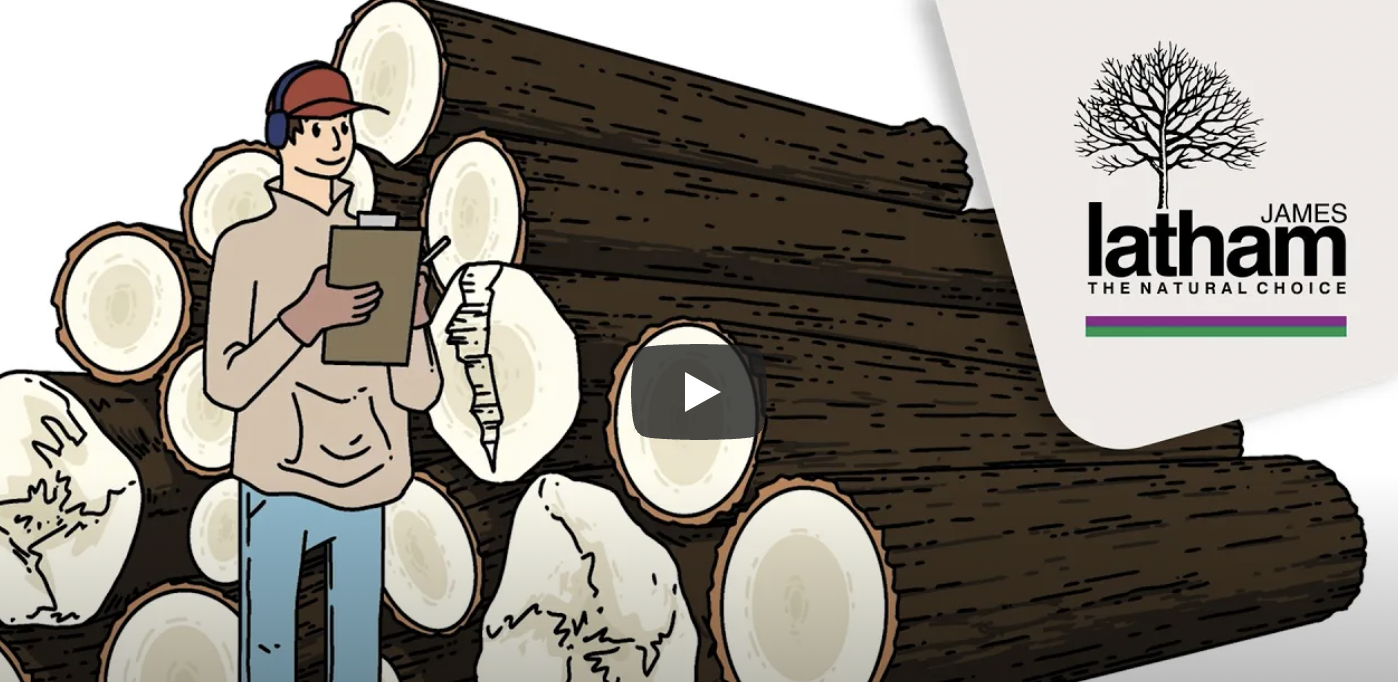The Scottish Government has announced the mainland will moved to COVID level 4, on January 5 2021, for the remainder of the month, and installers will only be able to complete “essential work”.

There are four COVID protection levels in Scotland, starting from the lowest 0 to the highest level 4.
It means tradespeople should only go into a house in a Level 4 area to carry out or deliver “essential work” or services, reports the British Institute of Kitchen Bedroom and Bathroom Installation (BiKBBI).
Sponsored Video
Examples of “essential work” include, the following:
• to carry out utility (electricity, gas, water, telephone, broadband) safety checks, repairs, maintenance and installations
• to carry out repairs and maintenance that would otherwise threaten the household’s health and safety
• to deliver goods or shopping
• to deliver, install or repair key household furniture and appliances such as washing machines, fridges and cookers
• to support a home move, for example furniture removal.
Tradespeople whould also observe social distancing restrictions between traders and thier customers with relevant PPE, as appropriate.
When working in someone’s house tradespeople should stay 2 metres apart from the people who live there, wear a face covering and follow good hand and respiratory hygiene.
There should be no sharing of vehicles with colleagues if possible, no working in close proximity to others on a busy site, including homeowners, tenants or other residents
No work should be carried out in any household where an individual is being shielded, unless it is to remedy a direct risk to the safety of the household, such as emergency plumbing or repairs, and where the tradesperson is willing to do so
And no work should be carried out by a tradesperson who has coronavirus symptoms, however mild.
The BiKBBI also states, installers should ensure all staff are educated about hygiene within working areas.
It reminds tradespeople to wipe down surfaces, equipment, regular hand washing and remove all rubbish or waste.
The association also asks tradespeople to be patient with customers, as customers need to be with traders. It points out some activities may take longer than usual, and levels of anxiety are higher than normal.
The BiKBBI also points out employers have a duty of care to their workforce and customers and states employees should be comfortable working in peoples’ homes, educated to the risks and requirements, and showing no signs symptoms.
Further it states if these requirements can’t be met, then the business should remain closed.
Finally, the BiKBBI points out if tradespeople have any concerns that what they are doing may increase the spread of the virus, then don’t proceed. And states in any doubt, err on the side of caution or seek advice first.



